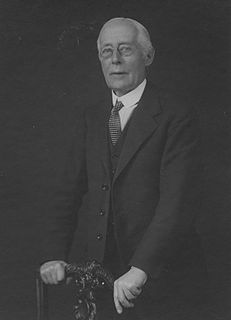A Quote by Richard Whately
An instinct is a blind tendency to some mode of action, independent of any consideration, on the part of the agent, of the end to which the action leads.
Related Quotes
That which is received from without can be compared with knowledge. It leads to believing, which is seldom strong enough to motivate to action. That which is confirmed from within after it is contacted from without, or that which is directly perceived from within (which is my way) can be compared with wisdom. It leads to a knowing, and action goes right along with it.
[Action's] a Western thing. We think of the hero going into battle, rebelling against a government or an oppressor, but [in KUNDUN] action is nonaction or what appears to be nonaction. That's a hard concept for Western audiences. . . . We wanted to show a kind of moral action, a spiritual action, an emotional action. Some people will pick up on it; some won't.
Relationship is action, is it not? Action has meaning only in relationship; without understanding relationship, action on any level will only breed conflict. The understanding of relationship is infinitely more important than the search for any plan of action. The ideology, the pattern for action, prevents action. Action based on ideology hinders the understanding of relationship between man and man.
Every religious tradition on which we draw has a reverence for life. We are a part of an intricate web of life. Every tradition on which we draw teaches that the ultimate expression of our spirituality is our action. Deep spirituality leads to action in the world. A deep reverence for life, love of nature's complex beauty and sense of intimate connection with the cosmos leads inevitably to a commitment to work for environmental and social justice.
It is important to understand what I mean by semiosis. All dynamic action, or action of brute force, physical or psychical, either takes place between two subjects, whether they react equally upon each other, or one is agent and the other patient, entirely or partially, or at any rate is a resultant of such actions between pairs. But by "semiosis" I mean, on the contrary, an action, or influence, which is, or involves, a cooperation of three subjects, such as a sign, its object, and its interpretant, this tri-relative influence not being in any way resolvable into actions between pairs.





































